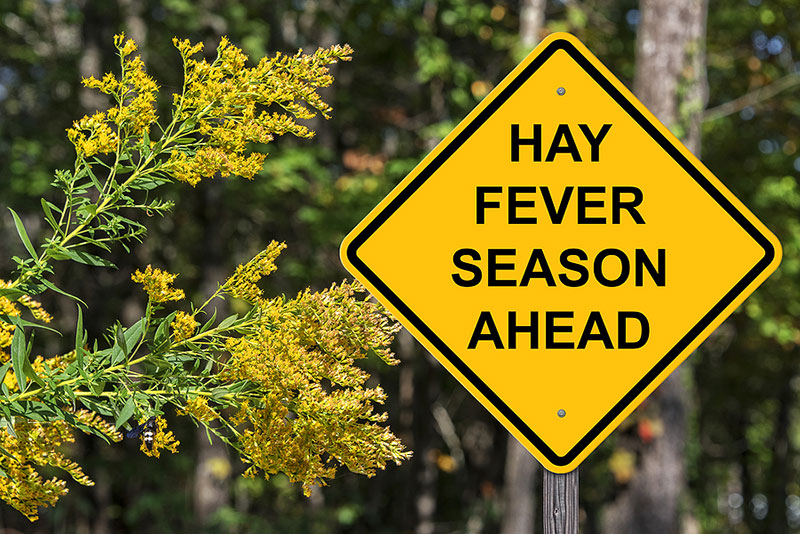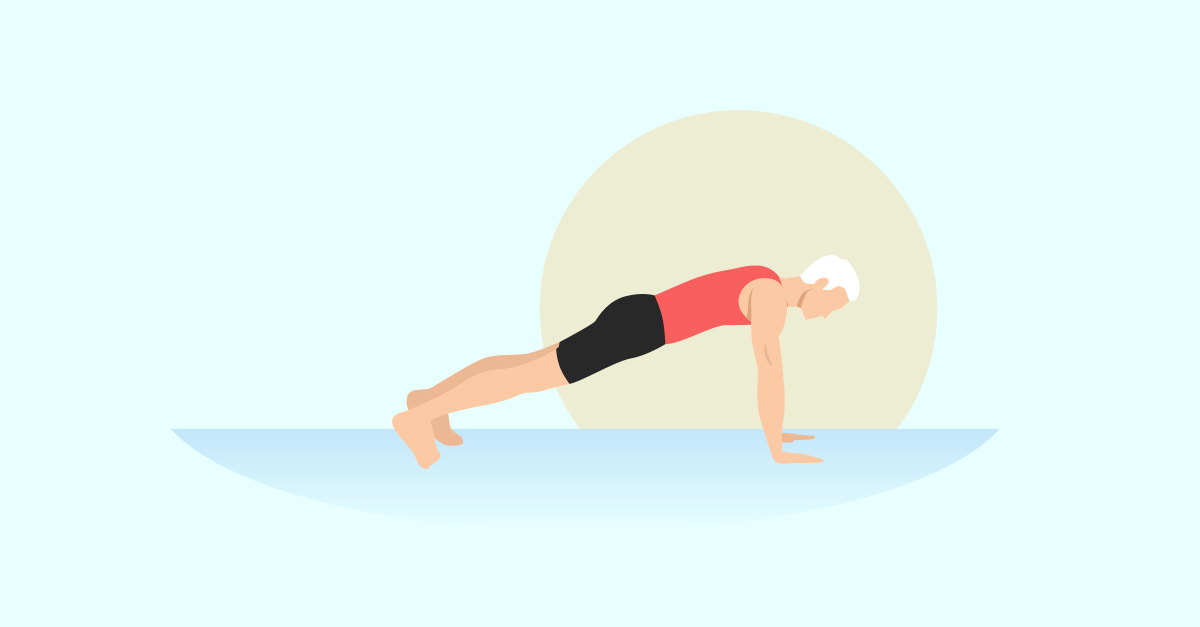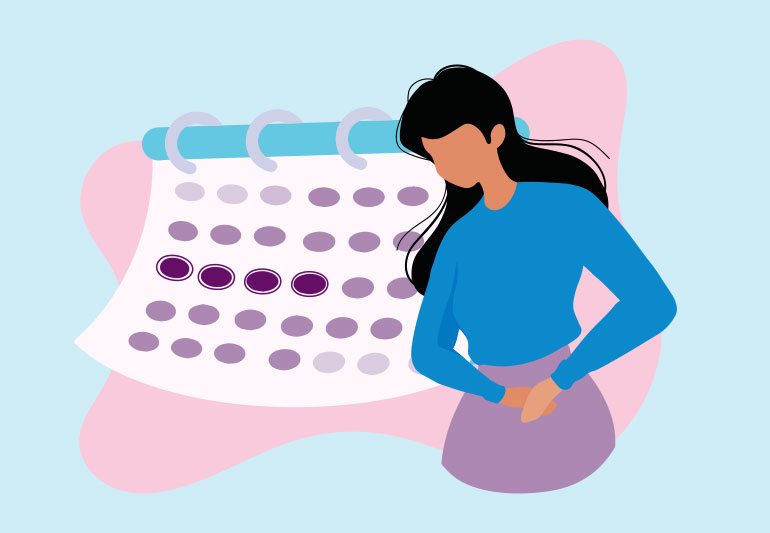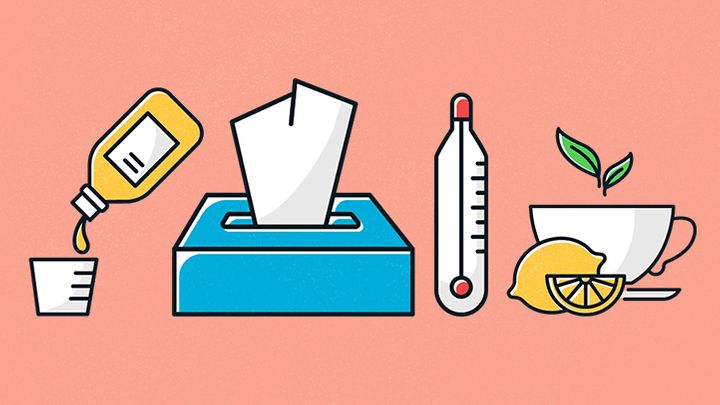
by Amy Cole
April 26, 2023
What habits make you mentally strong?

by Amy Cole
April 26, 2023
What is the best thing to do for hay fever?

by Amy Cole
April 16, 2023
8 Tips to Help You Curb Your Sugar Cravings

by Amy Cole
April 10, 2023
How to get in shape as a man after 50?

by Amy Cole
April 2, 2023
7 Effective Ways to Reduce Menstrual Pain

by Amy Cole
March 31, 2023
8 Home Remedies for Common Cold and Cough

by Amy Cole
March 30, 2023
5 Simple Habits For A Healthier Lifestyle









